Astrology, also known as Western astrology, is the method of predicting an individual’s personality and future through the study of celestial observations and the correlation between the alignment of cosmic objects like the stars and planets, and their influence on human affairs. Its origins can be traced back to the ancient world, particularly ancient Greece, where astrology began to gain prominence. Throughout history, astrology and horoscope or zodiac has evolved and influenced civilizations around the world.
The history of astrology dates back to the earliest evidence of celestial observations, where professional astrologers in ancient Greece and Central Asia would interpret the positions and aspects of the stars and planets to make predictions. In the middle ages, astrology became commonly accepted and played a significant role in the cultural and intellectual life of the time.
The historical timeline of astrology includes its integration into the Roman Empire, where it was considered a part of astronomy until the 17th century when they were divided. Despite its long history, astrology is regarded as a pseudoscience because there is no empirical evidence to support its claims of accurate predictions during controlled, scientific studies.
Astrology has gone through different phases, such as the Golden Age of astrology in ancient Greece and the Hellenistic world, where it reached its peak. It is believed that a person’s birth and the alignment of the stars and planets at that moment can determine their personality traits and future events.

Zodiac
The zodiac, consisting of twelve signs, is an important concept in astrology. Each sign corresponds to a specific period of the year, such as the summer solstice and winter solstice. The planets, including the eight circles, are also significant in astrology, as their positions and aspects are believed to influence different aspects of life.
Overall, astrology has a long and fascinating history, with astrologers playing a crucial role in interpreting the influence of stars and planets on human affairs. However, it is important to note that astrology should not be confused with astronomy, which is a scientific study of celestial objects.
Astrology Origins
The first known observations of the sun, moon, and stars (known as astronomy) date back to the Babylonians in Mesopotamia in 3000 BC. They were responsible for recognizing and naming the constellations, plus were the first to notice five of the original seven visible planets (Mercury, Venus, Mars, Jupiter, and Saturn). The names for the days of the week came from adding these planets (Tuesday – Saturday) with the Sun and Moon (Sunday and Monday). The Babylonians observed the planets and considered them to deliver messages or omens from the gods. An example of this and something which people still cite today is, “If in Nisannu the normal sunrise (looks) sprinkled with blood: there will be battles in the country,” which in the Bible reads, “Red sky at night, shepherd’s delight. Red sky in the morning, shepherd’s warning.”
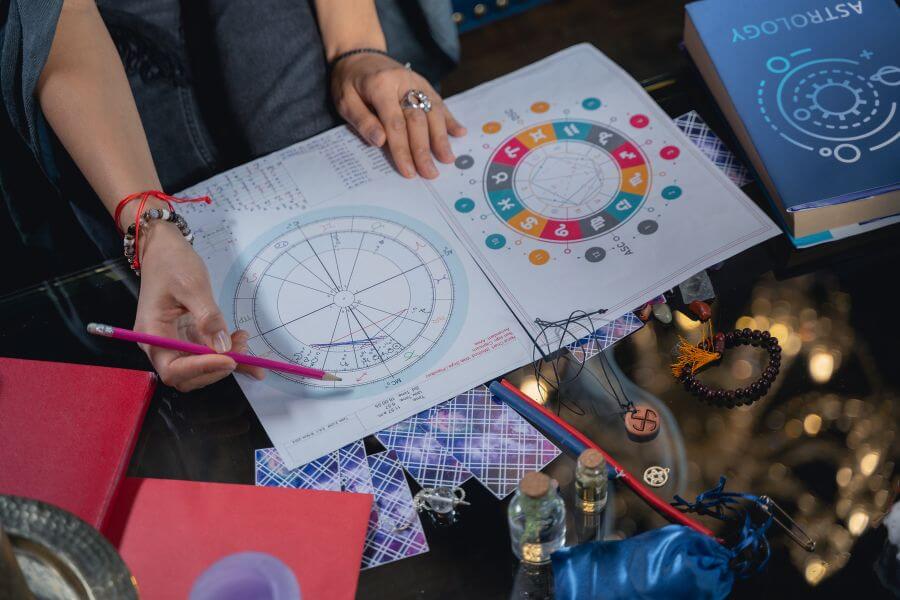
The Babylonians discovered that time could be measured and broken down celestially into twelve parts, which lead to the development of the Zodiac (although it was the Greeks who gave it this name).
Astrology within the Mesopotamia society was practiced uniquely in service of the King, but within the ancient Greek culture, it became much more widely implemented. Originally used to help make decisions in relation to state affairs, it soon expanded across society to help prognosticate the futures of ordinary men and women and was a central feature of Greek culture.
Ancient Astrology
Greek astronomer Claudius Ptolemy was well-known for his research in astronomy, astrology, geography, and harmonics. He wrote the first scholarly book on astronomy around 141 CE. It became known as the Almagest and described an earth-centered cosmos, along with a mathematical framework for predicting and understanding the positioning of cosmic objects in the past, present, and future. Within this book, he also defined the sun signs of the Zodiac as we know them today.
Living and working in Alexandria, the capital of Roman Egypt, his detailed investigation of the moon was more elaborate than ever before and continued to be used until the Renaissance. His work remains useful and informative today, but he has been proven wrong about several claims he made.
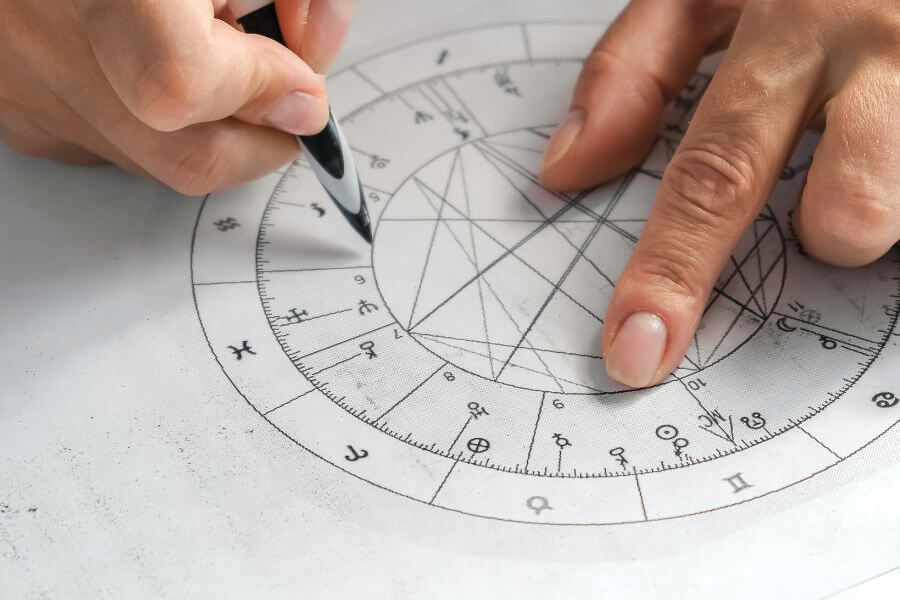
Ancient Indian Astrology – Vedic Astrology
Ancient Indian astrology (also known as Vedic astrology) dates back to 5000 BC, with its roots in the Vedas: the oldest scriptures in the world. It is considered vastly different from Western and Chinese astrology. Vedic astrology is focused on time-keeping and is one of the six disciplines of Vedanga. It is based on star constellations and planetary influences, and its predictions are considered to be the most accurate of all types of astrology. The belief is that the supreme power decides the precise moment when someone is born, depending on their past life, so they have the life that is best suited to them (karma). Karma is believed to be influenced by heavenly bodies and planetary movement.
In modern India, astrology remains a fundamental part of Indian culture. It is used extensively to determine the future and improve life: guiding important decisions about marriage, starting new businesses, and moving house; even naming newborn children. More and more Hindus construct houses following the principles of Vastu Shashtra (“the science of architecture”), which are said to bring peace, prosperity, and good luck to the occupants if done correctly.
In some religious, legal, and political contexts, astrology retains a place among more traditional sciences in India, with numerous astrologers in India claiming that it is a scientific method of predicting the future. It is possible to study Vedic astrology and advanced astrology degrees in India. The decision to permit these courses was controversial and raised protests from the scientific community both within India and those Indian scientists working abroad due to lack of scientific credibility.
Chinese Astrology
Chinese astrology originally dates back to the Zhou dynasty, (1046-256 BC) but was formalized and consequently flourished during the Han dynasty over 2000 years ago. It is based on the theory of the five elements: metal, wood, water, fire, and earth. China was isolated from the western world for a long time, which is why Chinese astrology is so different.
Even Chinese zodiac signs differ from other types as they are animals that are representative of the birth year in a 60-year cycle. Chinese and Indian astrologers did occasionally communicate, so some connections are found between these types of astrology. Any similarities between western and Chinese astrology, however, can only be put down to surprising coincidence.
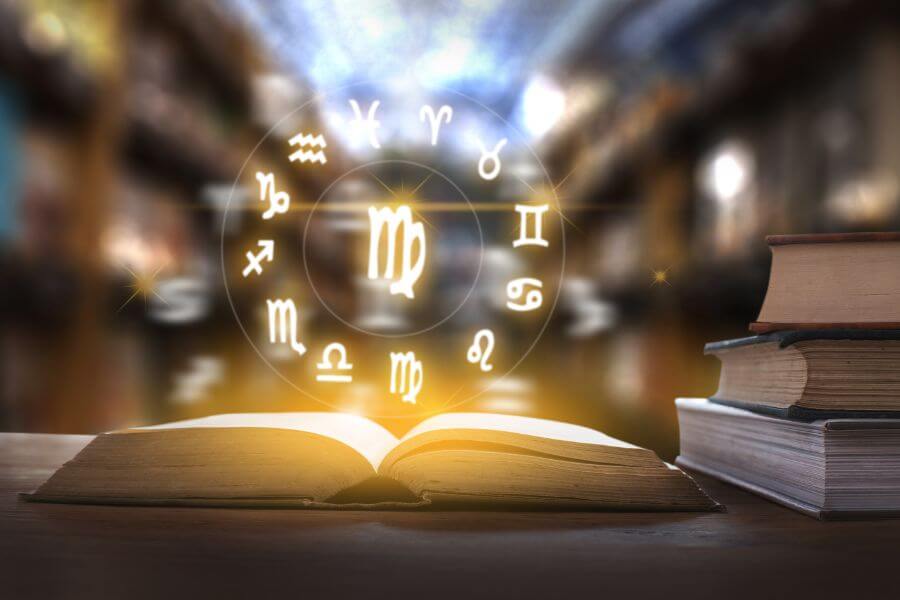
Ancient World
In the ancient world, particularly in ancient Greece, astrology began to take shape. It was during this time that the concept of Western astrology and the 12 signs of the zodiac emerged. The history of astrology is fascinating, with its roots in celestial observations and the earliest evidence of its practice dating back thousands of years.
During the Hellenistic period, astrology gained popularity and professional astrologers emerged. The Greek island of Rhodes and Central Asia became centers of astrological knowledge and practice. In the middle ages, astrology continued to evolve, with a person’s birth playing a crucial role in determining their astrological profile.
Today, most astrologers use the commonly accepted zodiac, consisting of 12 signs that form a historical timeline. This timeline includes the Roman Empire and the scientific study of astrology during the Golden Age. The summer and winter solstices, along with the zodiac, were important concepts in astrology.
Astrology is not to be confused with astronomy, which is the scientific study of stars and planets. Astrologers study the positions of celestial bodies to create horoscopes and interpret personality traits and future events. With a long history and its roots in the ancient world, astrology remains a fascinating subject that continues to captivate people’s interest.
The concept of Western astrology has a long and fascinating history that dates back to the ancient world. It originated in ancient Mesopotamia with the Babylonians, who divided the sky into 12 sections and assigned a constellation to each. Celestial observations and the influence of stars and planets on human life were recognized by the Babylonians. This practice later spread to ancient Greece, where each sign was named after a specific constellation. During the Hellenistic period, professional astrologers emerged, and astrology began to be more commonly accepted.
Throughout the historical timeline, astrology continued to evolve and adapt. It made its way to the Roman Empire and Central Asia and became intertwined with the beliefs and cultures of different societies. During the Middle Ages, astrology experienced a decline but regained popularity during the Golden Age, especially in the Islamic world.
In astrology, a person’s birth plays a crucial role. Astrologers analyze the position of planets and stars at the time of a person’s birth to create a horoscope, which provides insights into their personality and potential future events. Although astrology is distinct from astronomy, the two fields were closely connected in the past.
Despite the lack of scientific study supporting astrology, it remains a subject of interest and fascination. The zodiac, consisting of 12 signs, is still widely recognized and used today. From the summer solstice to the winter solstice, astrology continues to captivate people’s imaginations.
In conclusion, astrology has a long and rich history that spans across cultures and civilizations. It has evolved and adapted throughout time, capturing the curiosity of individuals from all walks of life. While its validity is a topic of debate, the influence of astrology on our beliefs and societies cannot be denied.
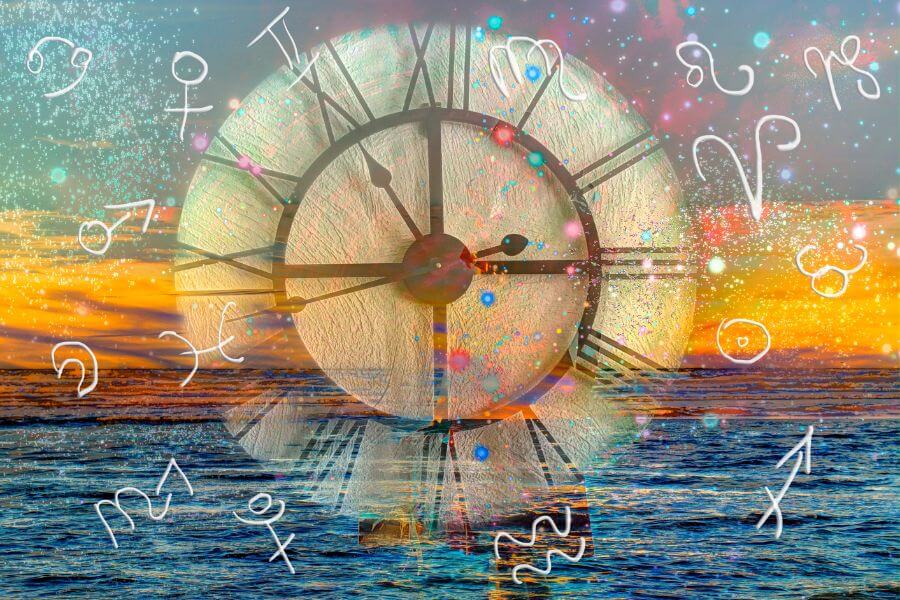
Zodiac Sign
Chinese astrology believes that a person’s future can be understood based on various factors at birth, such as the positioning of the major planets, time of birth, zodiac signs, and positions of other celestial bodies. Feng shui is the philosophy and practice of arranging living spaces to achieve harmony between individuals and their environment. It is often used in conjunction with Chinese astrology to enhance the flow of energy, known as “chi.” In modern times, Chinese astrology primarily relates to significant life events like birth, marriage, and death. For instance, a person’s zodiac sign dictates the time of burial.
Astrology has been extensively practiced by many well-known civilizations throughout history. As we have already seen, ancient Chinese and Indian civilizations incorporated astrology into their cultures. Ancient Egyptians also placed great importance on astrology, gazing at the sky for guidance and using clouds to focus their sight.
There is a theory that Egyptian priests shared their astrological knowledge with the Babylonians. Some zodiac signs are said to have originated in Egypt, replacing the Greek zodiac denominations with their own Gods and Goddesses. For instance, Khum, the Egyptian water God, replaced Aquarius in the zodiac.
Before the rise of Islam, astrology was practiced at a basic level in the Arabian world, with stars being used as guides for travel. However, after the advent of Islam, the Arabian kingdom expanded to include a variety of people and foreign cultures, some of which already used astrology as a divination tool.
Nevertheless, astronomers in the Islamic world made significant contributions to the field of astronomy, updating methods of measuring and calculating planetary movements. Baghdad became a major center of study during the 8th, 9th, and 10th centuries. While many people believed that suggesting forces other than God could determine human events was against Islam, this belief led to a decline in astrology in the 13th century.
Origin of Zodiac Signs
In modern times, astrology and astronomy are seen as separate fields of study. Astrologers focus on interpreting zodiac signs and horoscopes to provide insights into the daily lives and personalities of people born under certain signs. Astronomers, on the other hand, study the stars and celestial bodies from a scientific perspective. Some popular zodiac signs include Aries, Aquarius, and Virgo.
Even though astrology started and developed in the east, the west has never been without its fair share. The first horoscope written in a newspaper was almost 100 years ago, back in 1930, and the trend of reading daily horoscopes has caught up with the western world. With instant access through the internet and mobile phone apps, people seem to have suddenly woken up to embrace the possibility of knowing and improving their future through astrology.
Astrology has never been scrutinized and researched as deeply as over the last few years, particularly by western scholars. There is a theory that people often turn to astrology in an attempt to find solutions to stressful situations, so there is no surprise that, with the current global pandemic and political environment, people turn to astrology for some solace and reassurance of a brighter future.
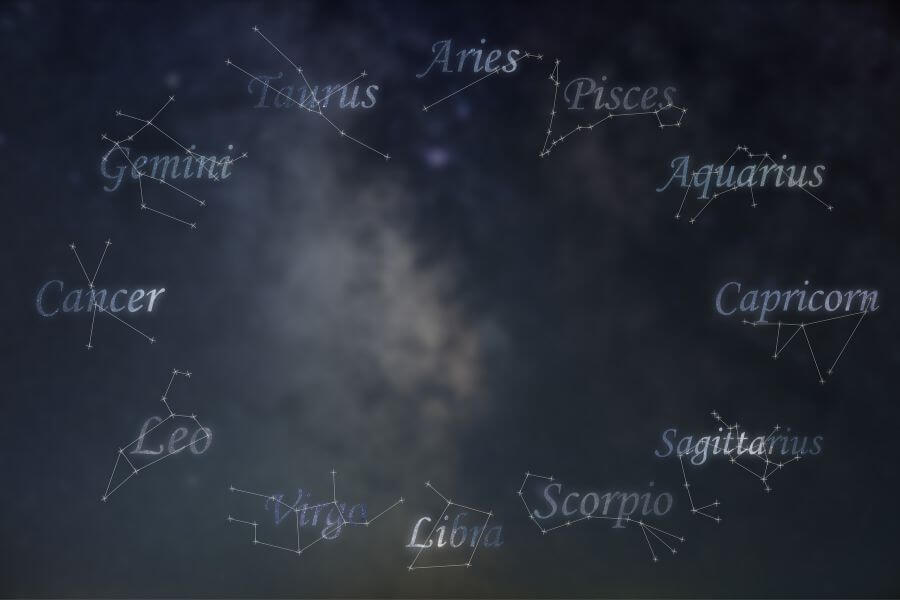
Final Thoughts
As we delve into the history of astrology, we observe that its roots trace back to ancient Babylon, where court astrologers interpreted celestial bodies’ movements to guide political and cultural circles. This ancient wisdom, known as Chaldean wisdom, travelled to ancient Greece, transforming into what we now recognize as Western astrology. Each zodiac sign, as known today, is deeply tied to astronomical cycles, reflecting the ancient world’s belief systems, where celestial events were seen as messages from the gods. Indian astrology, too, plays a significant role, having developed unique systems of interpretation that still have a profound influence today.
As human beings, our fascination with the stars and the cosmos is timeless, and it’s breathtaking to consider how astrology began, evolving through centuries, connecting us in myriad ways to our ancestors. So, whether astrology is considered a science or superstition, its historical significance and enduring presence in modern-day life attest to its impact on human beings and their cultures.
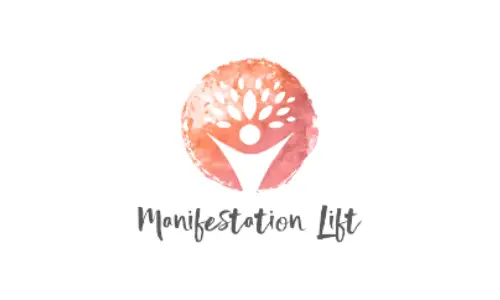





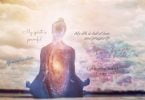

Leave a Comment